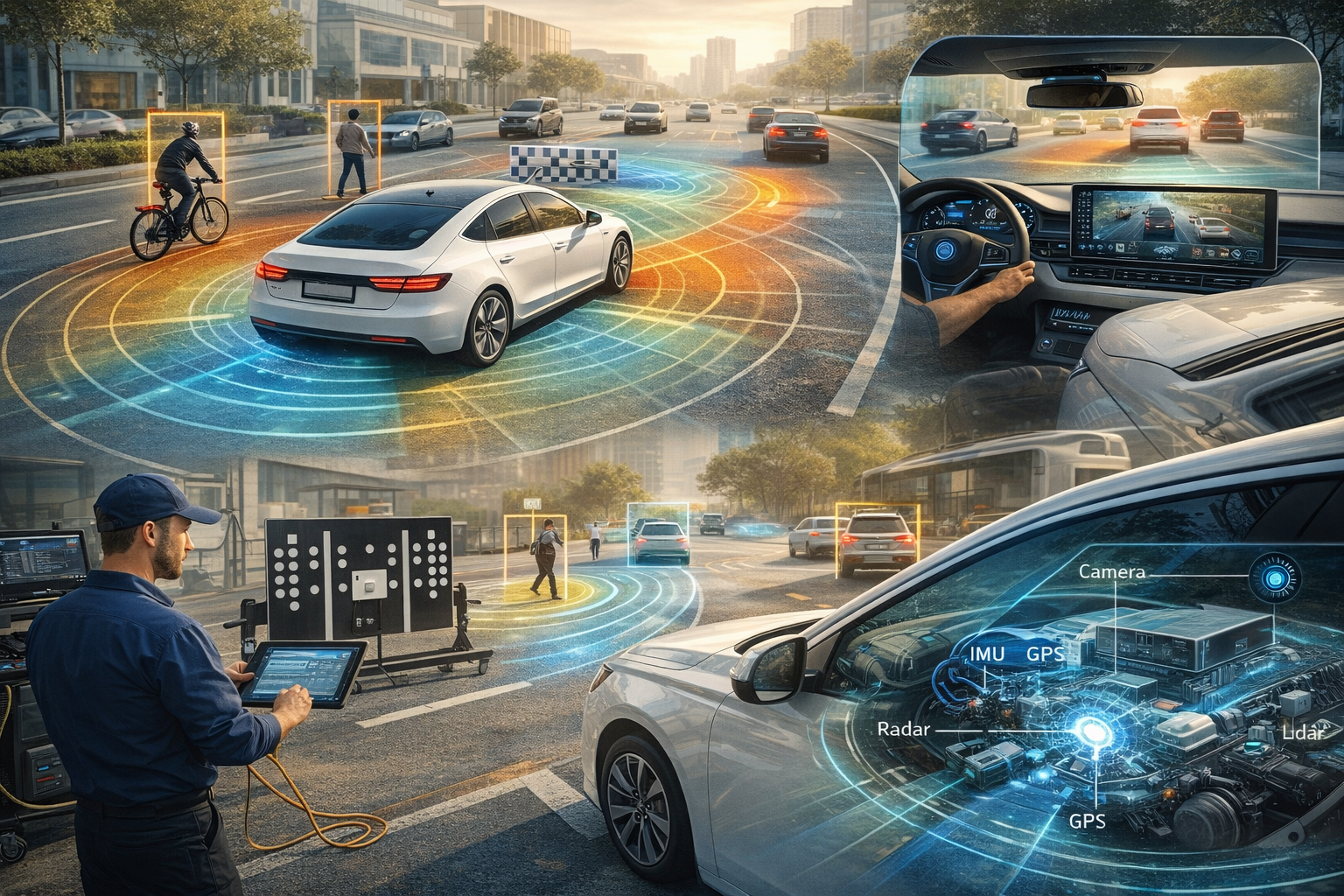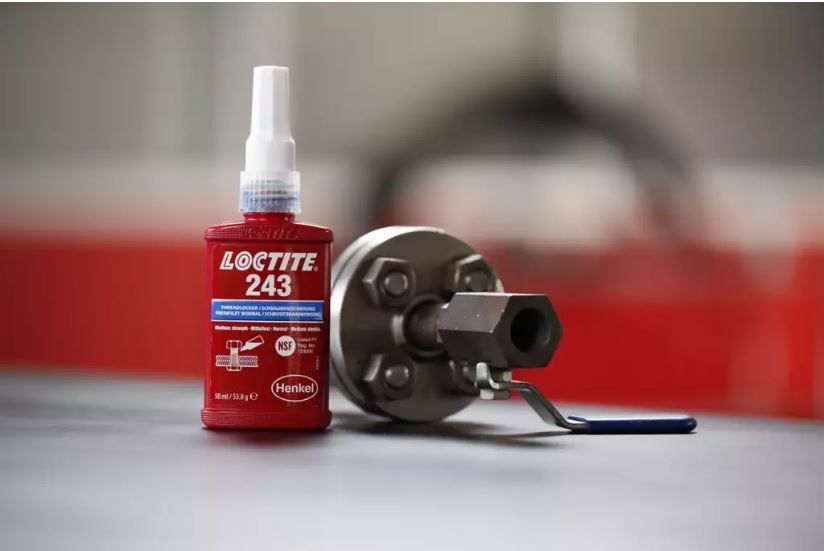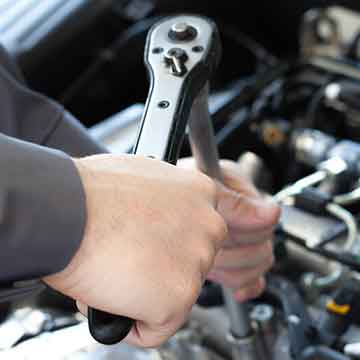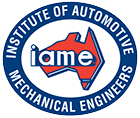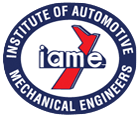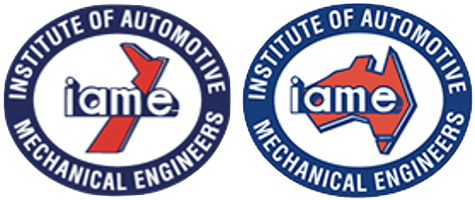Blade Battery Technology
A Leap Forward in EV Innovation.
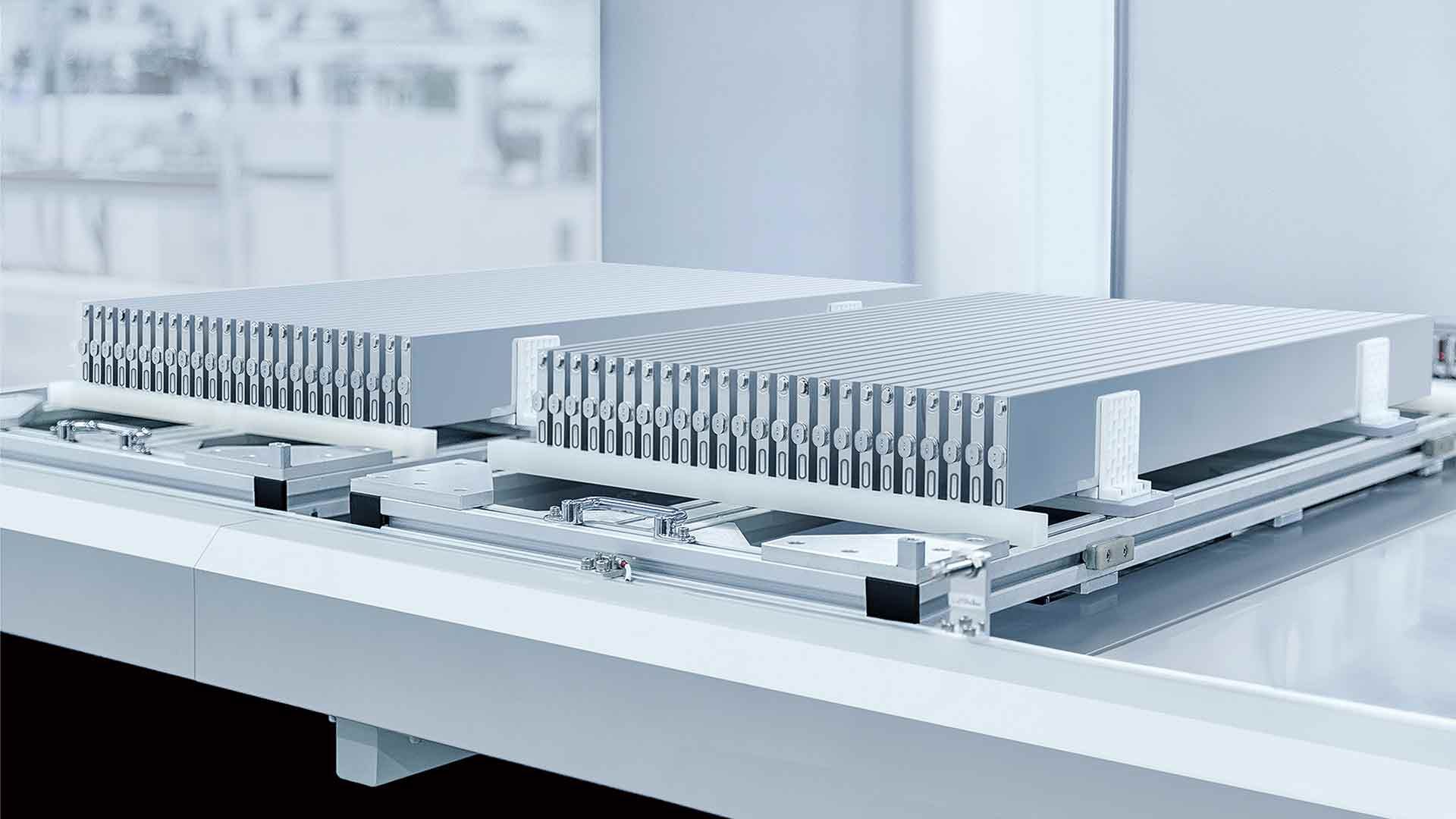
BYD, a global leader in electric vehicle (EV) innovation, has consistently pushed the boundaries of battery technology with its groundbreaking Blade Battery, based on Lithium Iron Phosphate (LFP) chemistry. This battery has already garnered widespread attention for its unique combination of safety, durability, and efficiency. As the automotive industry races towards longer driving ranges and faster charging times, BYD's Blade Battery has been at the forefront, offering a promising solution to these challenges.
Now, the company is set to unveil its second-generation Blade Battery, which promises even greater advancements. Slated for release in the late 2024 to early 2025 model years, this new iteration could redefine the EV landscape with an impressive driving range of up to 1000 kilometers. Following its debut in China, this next-generation technology will make its way to the Australian market, marking a significant milestone in the global adoption of electric mobility.
Inside BYD's ultra-safe Blade Battery factory | BYD
The Promise of the First-Gen Blade Battery
The original Blade Battery was a game-changer for the EV industry. Leveraging LFP chemistry, it provided a safer alternative to traditional lithium-ion batteries, which have been prone to thermal runaway—a phenomenon where a battery cell overheats and can potentially catch fire. The Blade Battery’s design minimizes this risk by using a long, thin cell structure that enhances heat dissipation and stability.
In addition to its safety features, the Blade Battery also delivered respectable driving ranges and faster charging capabilities. This made it an attractive option for consumers who were previously hesitant to make the switch to electric vehicles due to concerns about range anxiety and long charging times.
Enter the Second-Gen Blade Battery: A New Benchmark
The upcoming second-generation Blade Battery is expected to push the envelope even further. With a projected range of up to 1000 kilometers on a single charge, this new battery could eliminate range anxiety altogether, making EVs a more viable option for long-distance travel. This increase in range is likely due to improvements in energy density, as well as advancements in battery management systems that optimize the performance of each cell.
Faster charging times are also on the horizon. While details are still emerging, it is anticipated that the new Blade Battery will support higher charging rates, reducing the time required to recharge an EV. This could make EVs even more convenient for daily use, as drivers would be able to quickly top up their batteries at public charging stations or at home.
Australia: A Key Market for BYD's Expansion
Following its launch in China, the second-gen Blade Battery will be rolled out in Australia, a market that is rapidly embracing electric mobility. This move underscores BYD’s commitment to expanding its global presence and catering to regions that are investing in EV infrastructure and policy support.
Australia’s inclusion as one of the first markets outside China to receive this technology is significant. It reflects the growing demand for EVs in the country and the increasing importance of Australia as a market for global automakers. With the introduction of the second-gen Blade Battery, Australian consumers can look forward to longer-range EVs that are not only safer but also more practical for everyday use.
The Road Ahead
As the automotive industry continues to evolve, innovations like BYD’s second-generation Blade Battery will play a crucial role in shaping the future of transportation. By addressing key concerns such as range and charging times, this technology has the potential to accelerate the adoption of EVs on a global scale.
With its launch set for later this year, all eyes will be on BYD as it rolls out this next-gen battery in China and Australia. If the Blade Battery lives up to its promise, it could mark a new era in electric mobility, where range anxiety and long charging times are concerns of the past.
